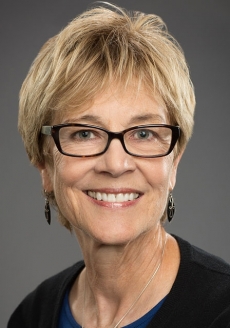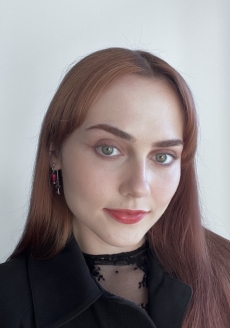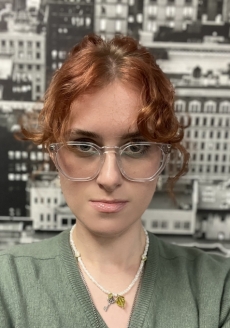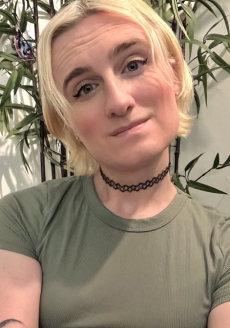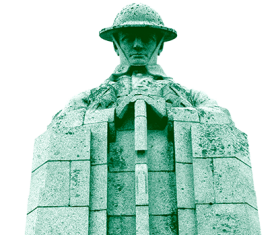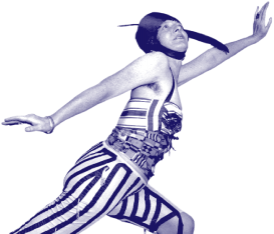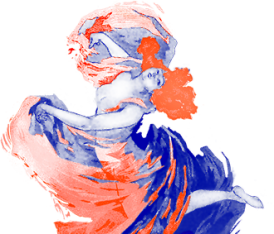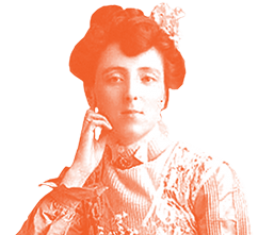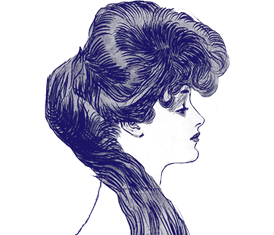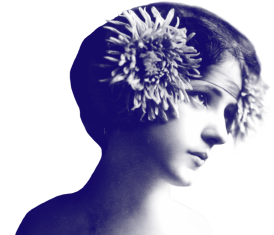
- Alumni, Research Associates
- PhD
- English
- Dalhousie University
Contact
Dr. Mark Silverberg
Mark Silverberg is an Associate Professor of English in the Department of Languages and Letters at Cape Breton University where he specializes in American poetry, visual arts, and artistic collaborations. He holds a PhD from Dalhousie University and is the author of The New York School Poets and the Neo-Avant-Garde: Between Radical Art and Radical Chic (Ashgate, 2010) and editor of New York School Collaborations: The Color of Vowels (Palgrave/ MacMillan, 2013). He is also the author of a prize-winning collection of ekphrastic poems, Believing the Line: The Jack Siegel Poems (Eric Hoffer Book Award, 2013). At the MLC Research Centre, Dr. Silverberg is involved in working on both critical and creative projects related to poetic collaborations. He welcomes conversations and inquiries.
Select Publications
Silberberg, Mark, ed. New York School Collaborations: The Color of Vowels.
Palgrave/Macmillan, 2013. Print.
Silverberg, Mark. Believing the Line: The Jack Siegel Poems. Wreck Cove, NS: Breton Books, 2013. Print. Honorable Mention Award, Eric Hoffer Prize, 2013. Finalist, Montaigne Medal, 2013.
Silverberg, Mark. The New York School Poets and the Neo-Avant-Garde: Between Radical Art and Radical Chic. Burlington, VT: Ashgate Publishers, 2010. Print. Reviewed in: Times Literary Supplement, Modernism/Modernity, Review of English Studies and others.
For more information, please click here.
Dr. Mark Silverberg’s Research Statement
My intersecting critical and creative work is currently focused on the area of artistic collaboration. While the idea of the singular Auteur has been firmly inscribed in our literary culture since the late Renaissance, there have been many collaborative practices that tacitly challenge unified conceptions of authorship. I pay particular attention to avant-garde and postmodern collaborations: from writing by two poets, to mixed media work by poets and visual artists, to contemporary digital works combining the skills of poets, programmers, and machines. I am interested in both the theory and practice of collaborative writing and in the challenges this work poses to our abiding concepts of authorship. Some of the questions that currently motivate me include: What kinds of experiences can collaborative poetry offer that are significantly different from those produced by single-authored works? What new modes of signification have words and images discovered together? What does visual art have to teach poetry (and vice versa)? How does collaborative writing alter our sense of authorship? What new possibilities does the digital environment open up for collaboration? In sum, I am interested in exploring collaboration as a laboratory for new kinds of poetic experience.



